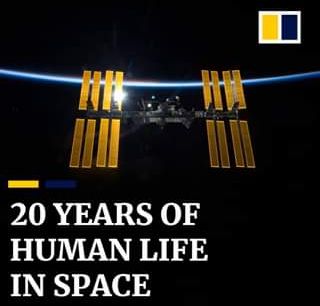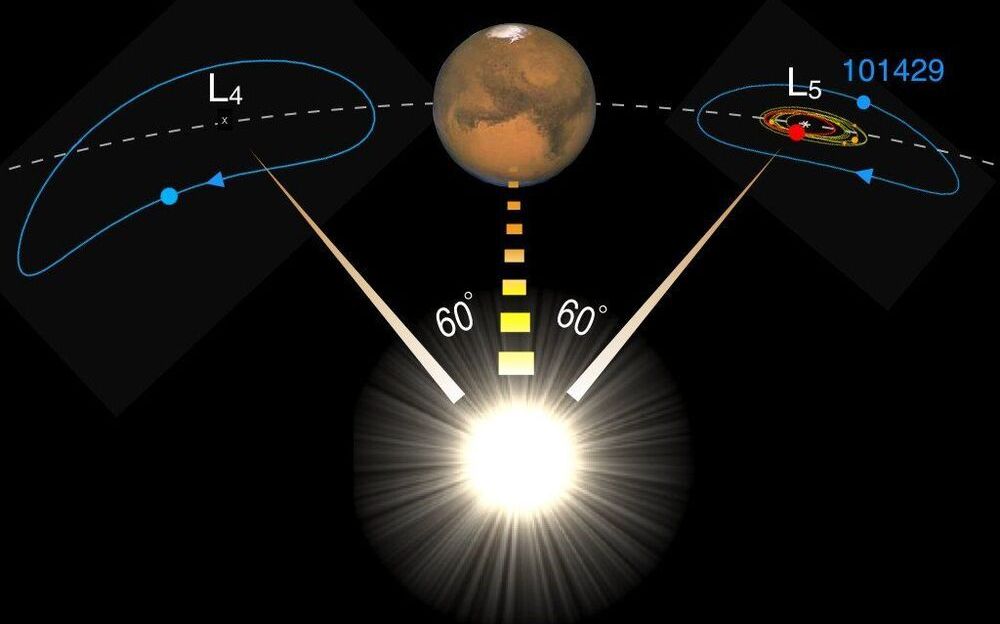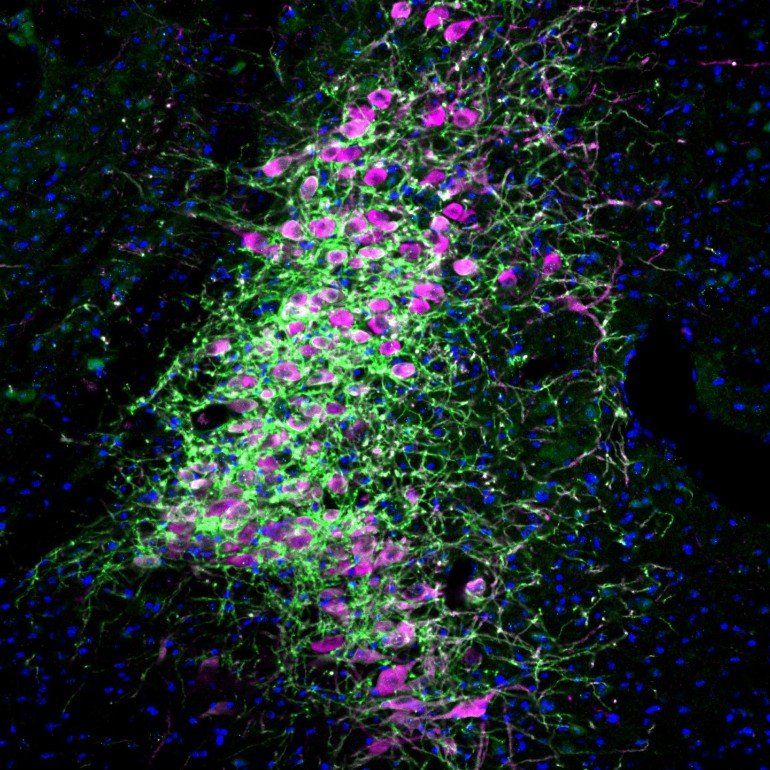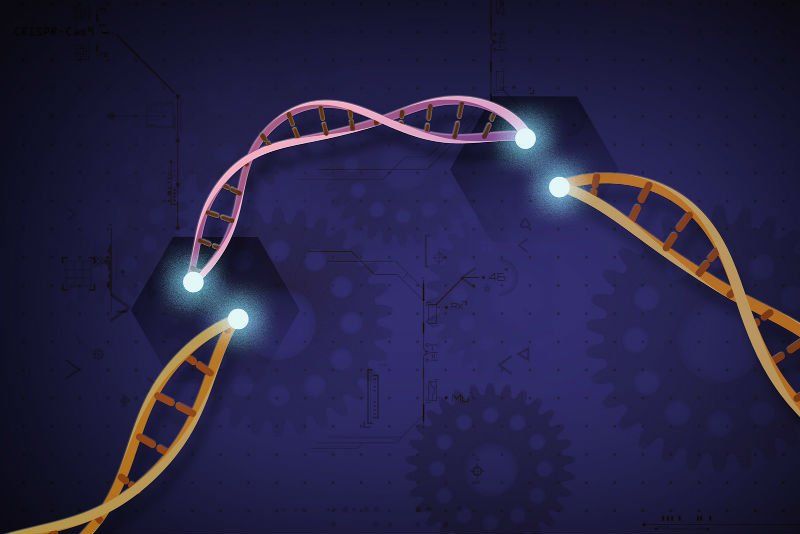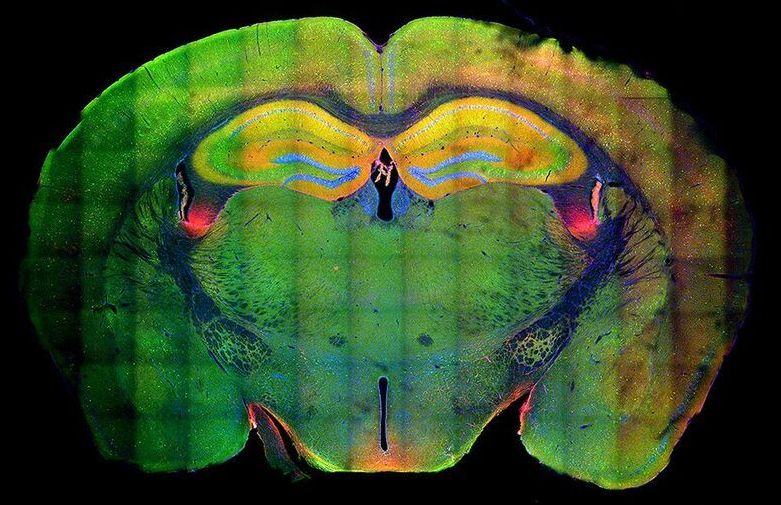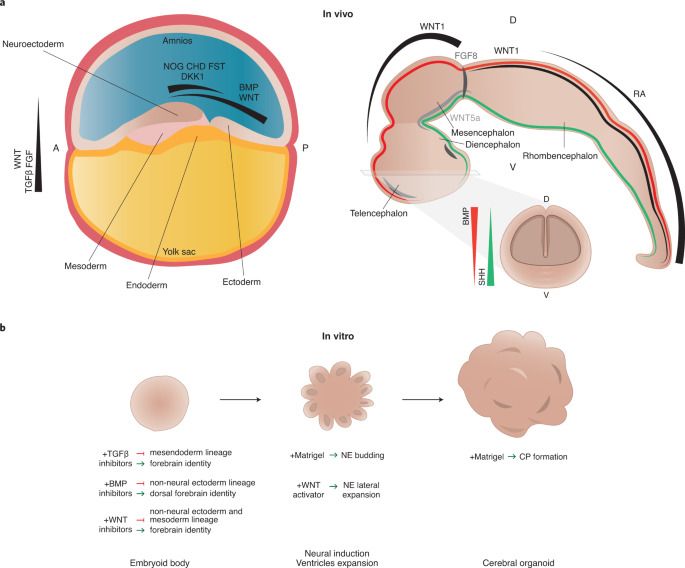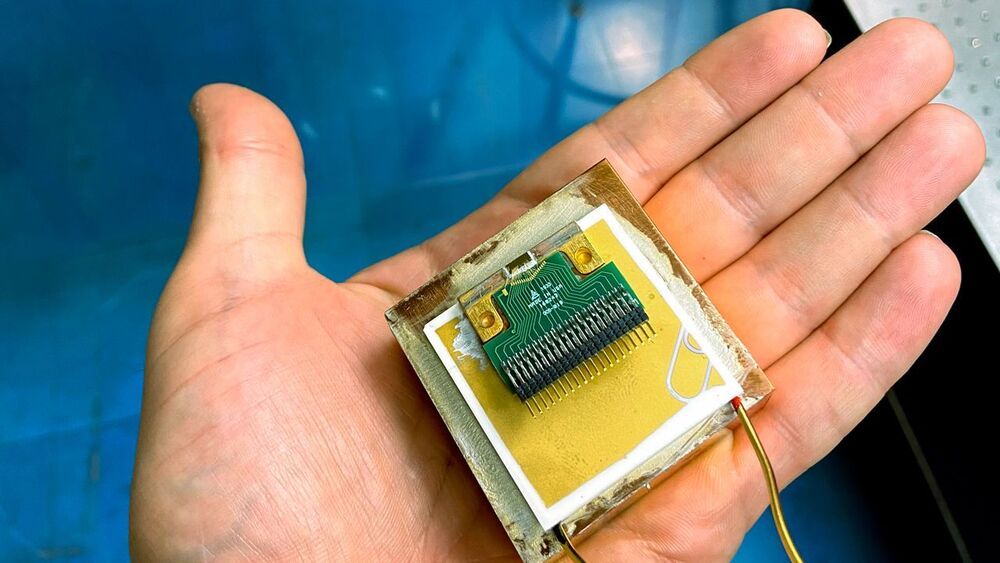Page 6022
Nov 4, 2020
Israeli innovation plugs into emerging energy-tech sector
Posted by Genevieve Klien in categories: biotech/medical, cybercrime/malcode, economics
“There are two critical factors in this world: time and energy. Time is the only limited resource and therefore the most important one in our lives. Energy moves everything — our bodies, our lives and even all the digital revolution that is not physical depends on energy to be shared. We have no more time to cure the world and the Covid-19 is an amazing gift to better understand the important and critical things of our lives. It is a very important wake-up call for everyone.”
As more Israeli companies continue to seek solutions to economic and environmental challenges, we’ll see more local investors deploy capital in this space. Lack of acquisitions in this space – as opposed to a vertical like cybersecurity — are one main reason for the initial hesitancy of Israeli VCs.
Regardless of social impact or double bottom line investing, Israel is poised to lead another vertical impacting our global community. This has life-altering ramifications for future generations.
Nov 4, 2020
Mars plays shepherd to our moon’s long-lost twin, scientists find
Posted by Genevieve Klien in categories: computing, space
An international team of planetary scientists led by astronomers at AOP have found an asteroid trailing behind Mars with a composition very similar to the moon’s. The asteroid could be an ancient piece of debris, dating back to the gigantic impacts that formed the moon and the other rocky planets in our solar system like Mars and the Earth. The research, which was published in the journal Icarus, also has implications for finding such primordial objects associated with our own planet.
Trojans are a class of asteroid that follows the planets in their orbits as a flock of sheep might follow a shepherd, trapped within gravitational “safe havens” 60 degrees in front of, and behind, the planet (Figure 1). They are of great interest to scientists as they represent leftover material from the formation and early evolution of the solar system. Several thousands of those Trojans exist along the orbit of the giant planet Jupiter. Closer to the Sun, astronomers have so far discovered only a handful of Trojans of Mars, the planet next door to Earth.
A team including scientists from Italy, Bulgaria and the US and led by the Armagh Observatory and Planetarium (AOP) in Northern Ireland has been studying the Trojans of Mars to understand what they tell us about the early history of the inner worlds of our solar system—the so-called terrestrial planets—but also to inform searches for Trojans of the Earth. Ironically, it is much easier to find Trojans of Mars than for our own planet because these Earth Trojans, if they exist, sit always close to the Sun in the sky where it is difficult to point a telescope. An Earth Trojan, named 2010 TK7, was found a decade ago by NASA’s WISE space telescope, but computer modeling showed it is a temporary visitor from the belt of asteroids between Mars and Jupiter rather than a relic planetesimal from the Earth’s formation.
Nov 4, 2020
Specific Brain Region and Circuits Controlling Attention Identified
Posted by Genevieve Klien in category: neuroscience
Summary: Study identifies a key role locus coeruleus neurons play in attentional control.
Source: picower institute of learning and memory.
The attentional control that organisms need to succeed in their goals comes from two abilities: the focus to ignore distractions and the discipline to curb impulses. A new study by MIT neuroscientists shows that these abilities are independent, but that the activity of norepinephrine-producing neurons in a single brain region, the locus coeruleus, controls both by targeting two distinct areas of the prefrontal cortex.
Nov 4, 2020
PerkinElmer snaps up CRISPR provider Horizon Discovery in $383M deal
Posted by Genevieve Klien in categories: bioengineering, biotech/medical, genetics
PerkinElmer has moved to expand its life sciences portfolio with CRISPR and gene editing offerings by snapping up the cell engineering specialist Horizon Discovery.
The $383 million, all-cash deal will add gene modulation tools that—in combination with its own work in applied genomics solutions—aims to provide next-generation research tools and the customized cell lines necessary for developers of new targeted therapies, and broaden PerkinElmer’s partnership work with academic researchers and the biopharma industry.
The Cambridge, U.K.-based Horizon, with about 400 employees worldwide with offices in the U.S. and Japan, provides genetic base editing technologies for living cell models using CRISPR reagents, as well as gene modulation products using RNA interference methods.
Nov 4, 2020
AI pioneer Geoff Hinton: “Deep learning is going to be able to do everything”
Posted by Genevieve Klien in category: robotics/AI
Thirty years ago, Hinton’s belief in neural networks was contrarian. Now it’s hard to find anyone who disagrees, he says.
Nov 4, 2020
Brain Cell DNA Refolds Itself to Aid Memory Recall
Posted by Genevieve Klien in categories: biotech/medical, genetics, neuroscience
Researchers see structural changes in genetic material that allow memories to strengthen when remembered.
Nov 4, 2020
Brain organoids for the study of human neurobiology at the interface of in vitro and in vivo
Posted by Genevieve Klien in category: neuroscience
Chiaradia and Lancaster review applications and limitations of brain organoids, placing them in context with other technologies and describing how these methods are heavily informed by in vivo development.
Nov 4, 2020
New lasers that fire terahertz beams could propel medical imaging and contraband detection
Posted by Genevieve Klien in category: biotech/medical
New semiconductor lasers work with small, portable coolers, enabling applications outside laboratories.
Nov 4, 2020
Intel has acquired Cnvrg.io, a platform to manage, build and automate machine learning
Posted by Genevieve Klien in categories: finance, robotics/AI
Intel continues to snap up startups to build out its machine learning and AI operations. In the latest move, TechCrunch has learned that the chip giant has acquired Cnvrg.io, an Israeli company that has built and operates a platform for data scientists to build and run machine learning models, which can be used to train and track multiple models and run comparisons on them, build recommendations and more.
Intel confirmed the acquisition to us with a short note. “We can confirm that we have acquired Cnvrg,” a spokesperson said. “Cnvrg will be an independent Intel company and will continue to serve its existing and future customers.” Those customers include Lightricks, ST Unitas and Playtika.
Intel is not disclosing any financial terms of the deal, nor who from the startup will join Intel. Cnvrg, co-founded by Yochay Ettun (CEO) and Leah Forkosh Kolben, had raised $8 million from investors that include Hanaco Venture Capital and Jerusalem Venture Partners, and PitchBook estimates that it was valued at around $17 million in its last round.
